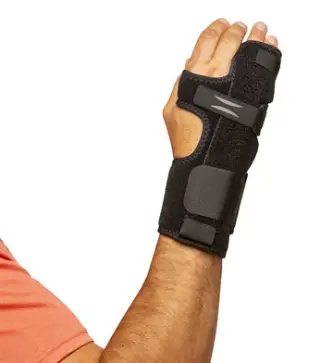Knuckle Orthosis
Knuckle Orthosis: Purpose, Benefits, and Applications
A Knuckle Orthosis is a specialized medical device designed to provide stability, support, and protection to the metacarpophalangeal (MCP) joints—the knuckles of the hand. These orthotic devices are commonly used in the treatment and rehabilitation of conditions affecting the hand, such as arthritis, fractures, ligament injuries, post-surgical recovery, and neurological conditions that impact hand function.
Purpose and Functionality
The primary function of a knuckle orthosis is to:
Stabilize and Protect the MCP Joints: Prevent excessive movement that may delay healing or worsen injuries.
Reduce Pain and Inflammation: Helps alleviate discomfort caused by arthritis, sprains, or post-operative recovery.
Improve Hand Function: Supports weakened muscles and ligaments while allowing controlled movement to maintain mobility.
Prevent Deformities: Essential in conditions like rheumatoid arthritis, where joint misalignment can worsen over time.
Types of Knuckle Orthoses
Knuckle orthoses come in various designs to cater to specific medical needs:
Rigid or Semi-Rigid Designs: Made from durable materials like plastic, metal, or thermoplastics, providing maximum support and immobilization.
Soft or Neoprene-Based Orthoses: Offer flexible support while allowing some range of motion, ideal for mild to moderate conditions.
Custom-Molded Orthoses: Tailored to an individual’s hand anatomy for precise fit and comfort, often prescribed by orthopedic specialists.
Dynamic Knuckle Orthoses: Designed for patients requiring gradual motion assistance, commonly used in neurological rehabilitation.
Common Uses and Medical Applications
Knuckle orthoses are widely used in the management of various hand-related conditions, including:
Post-Surgical Recovery – Provides protection after MCP joint surgeries, tendon repairs, or fracture treatments.
Arthritis (Rheumatoid & Osteoarthritis) – Helps reduce joint strain and deformity progression.
Ligament & Tendon Injuries – Supports healing of sprains, strains, or partial tears of hand ligaments.
Fractures & Dislocations – Immobilizes injured bones and joints for optimal recovery.
Neurological Conditions (Stroke, Cerebral Palsy, ALS) – Assists with muscle control and spasticity management.
Benefits of Using a Knuckle Orthosis
Enhanced Stability & Support – Reduces unnecessary motion, protecting weakened or injured structures.
Pain Relief – Helps minimize pain associated with movement by providing joint alignment and compression.
Customized Fit & Comfort – Available in different materials and styles to accommodate individual patient needs.
Improved Hand Function – Aids in performing daily tasks by supporting grip strength and dexterity.
Conclusion
A knuckle orthosis is an essential tool in orthopedic and rehabilitation care, offering crucial support for individuals recovering from hand injuries or managing chronic conditions. Whether for post-surgical immobilization, injury prevention, or pain relief, these devices play a significant role in enhancing mobility, function, and overall hand health. Consulting a healthcare professional ensures the correct selection and fit, leading to effective treatment and a better quality of life.
Hely & Weber is a renowned manufacturer of orthopedic braces and supports, known for its high-quality, innovative products designed to aid in injury prevention, rehabilitation, and post-surgical recovery. With a strong commitment to craftsmanship and medical expertise, Hely & Weber offers a comprehensive range of braces, including wrist, knee, ankle, and shoulder supports, catering to both athletes and patients in need of orthopedic solutions. Their products are trusted by healthcare professionals worldwide for their durability, comfort, and effectiveness in enhancing mobility and stability.
T-Scope Hinged ROM Knee Brace_Universal
A Hinged Range of Motion T-Scope Knee Brace is a highly specialized orthopedic device designed to support and stabilize the knee joint after injury or surgery. The "T-Scope" refers to the Telescoping feature of the brace, allowing it to extend or shorten for a customized fit, while the Range of Motion (ROM) control enables precise adjustment of knee movement. Here's a comprehensive overview of its functions, uses, and features.
What is a T-Scope Hinged Range of Motion Knee Brace?
The T-Scope Hinged ROM Knee Brace is designed for post-operative recovery and rehabilitation following significant knee injuries or surgeries, such as:
- ACL, MCL, LCL, or PCL repair (ligament reconstruction surgeries).
- Meniscus repairs.
- Patella tendon surgeries.
- Total knee replacements.
SUGGESTED HCPC: L1832 and L1833
ORDER NUMBER: 917-T
SIZE: Universal
PRODUCT HIGHLIGHTS:
• Polycentric hinge allows controlled range of motion with easy to adjust pin stops
• Flexion/extension adjustments can be made in increments of 7.5°
• Calf and thigh plates conform to the leg with locking closure straps to help prevent brace migration
• Universal brace is easy
• Drop-lock style
INDICATIONS: Mild injuries of the meniscus mild instability, patellar retinaculum injuries, post op knee rehabilitation, mild sprains of the medial or lateral collateral ligaments.
SUGGESTED HCPC: L1832 and L1833
Categories: Knee
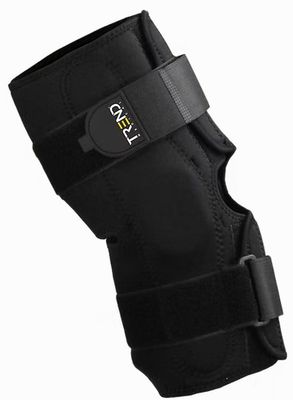
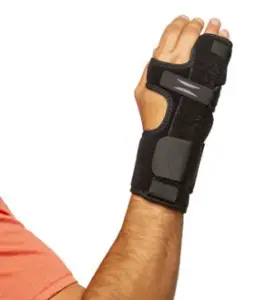
Knuckle Orthosis: Purpose, Benefits, and Applications
Knuckle Orthosis Knuckle Orthosis: Purpose, Benefits, and Applications A Knuckle Orthosis is a specialized medical device designed to provide stability, support, and protection to the metacarpophalangeal (MCP) joints—the knuckles of the hand. These orthotic devices are commonly used in the… Continue Reading…

Wrist and Hand Braces: Support, Relief, and Rehabilitation for Hand and Wrist Conditions
Wrist and Hand Braces Introduction Wrist and hand braces are essential tools for individuals managing pain, recovering from injuries, or dealing with chronic conditions such as carpal tunnel syndrome, arthritis, or tendonitis. These braces provide stability, compression, and support to… Continue Reading…

Orthopedic Shoulder Braces: Support for Shoulder Injuries and Chronic Conditions
Orthopedic Shoulder Braces Introduction Orthopedic shoulder braces are designed to provide support and stabilization for individuals recovering from shoulder injuries, managing chronic shoulder pain, or undergoing post-surgical rehabilitation. These braces help alleviate discomfort, protect the shoulder joint, and prevent further… Continue Reading…
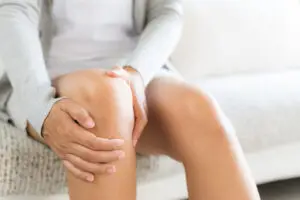
Orthopedic Knee Braces: Types, Benefits, and How to Choose the Right One
Orthopedic Knee Braces Introduction Orthopedic knee braces are essential devices for individuals recovering from knee injuries, managing chronic pain, or undergoing rehabilitation after surgery. These braces offer support, stability, and protection, helping to improve mobility and alleviate discomfort. Whether you… Continue Reading…
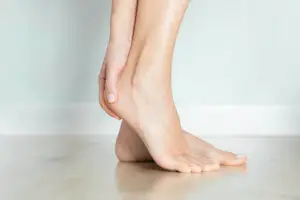
Foot Drop Orthotics: Improving Mobility and Safety
Table of Contents Foot Drop Introduction Foot drop is a condition characterized by difficulty lifting the front part of the foot, which can cause dragging while walking. This condition, often resulting from nerve injury, muscle disorders, or neurological diseases, affects… Continue Reading…
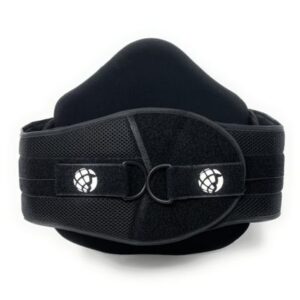
Spine Support Braces: Aligning and Protecting the Back
Spine Support Braces Introduction Spine support braces are crucial tools for individuals managing back pain, spinal conditions, or recovering from spinal surgery. These braces provide stabilization, alignment, and support to the spine, helping to alleviate pain and promote proper posture…. Continue Reading…

